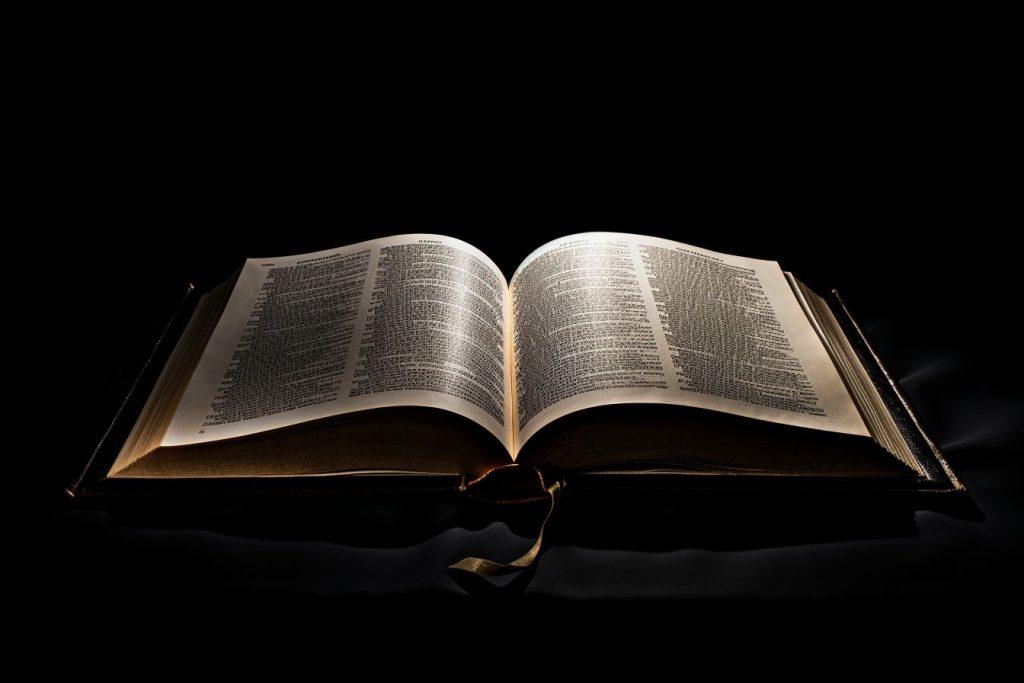Many texts in the Bible claim to have the authority of God. This might seem like a circular argument – saying the Bible is authoritative because it’s inspired by God, and it’s inspired by God because it says so. However, there are reasons to believe in its divine inspiration.
First, if a book were truly the Word of God, it would naturally claim to be so. The Catholic Church provides further evidence for this belief.
Additionally, the fact that Jews have accepted the Old Testament as inspired for centuries, and Christians have done the same for both the Old and New Testaments, suggests a deeper truth beyond human influence.
Some might point out that Muslims have a similar conviction about the Quran, but the ultimate proof lies in the authority of the Catholic Church in our time.
Now, let’s focus on the four Gospels. Imagine we don’t consider them inspired for a moment and subject them to historical criticism. They stand up as reliable historical documents, with no other documents of their kind. These historical texts tell us about a person who claimed to be God, performed extraordinary deeds, and promised to establish an infallible church.
So, we establish the life and works of Christ from historical evidence, and from there, we conclude His divinity and the existence of an infallible Church. We still haven’t stated that Scripture is inspired, although we believe it is. Our rational basis for this belief comes from the infallible Church, which asserts that the Bible is the Word of God and defines its contents.
When compared to other religious texts, the Bible shines with its historical accuracy and supernatural content. The Catholic Church, whose existence defies natural explanations, provides the guarantee that the Bible is the Word of God.
Inspired by Radio Replies Volume 1 by Rev. Dr. Leslie Rumble MSC and Rev. Charles Mortimer Carty
🙏 PayPal Donation Appreciated
The Case for Catholicism - Answers to Classic and Contemporary Protestant Objections
Disclaimer: As an Amazon Associate, I earn from qualifying purchases. Thank you.
